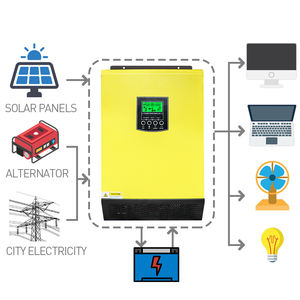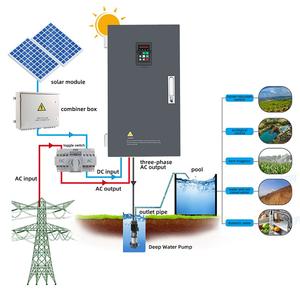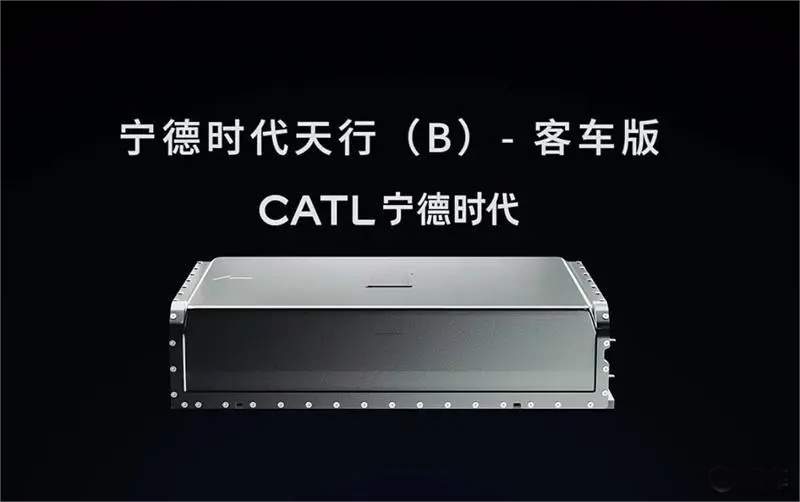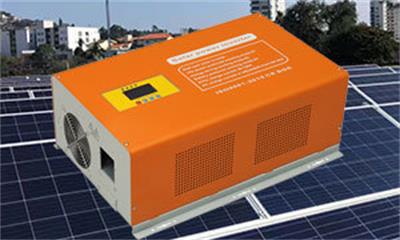Understanding the Functionality of Hybrid Solar Inverters
Understanding the Functionality of Hybrid Solar Inverters

Introduction to Hybrid Solar Inverters
In recent years, as the world shifts toward renewable energy sources, hybrid solar inverters have emerged as a critical technology in the solar energy landscape. These devices seamlessly combine solar energy generation with battery storage, enabling households and businesses to maximize their energy independence while reducing reliance on conventional power grids. But what exactly does a hybrid solar inverter do? Let's explore this innovative technology in detail.
How Hybrid Solar Inverters Work

At its core, a hybrid solar inverter is designed to convert the direct current (DC) electricity produced by solar panels into usable alternating current (AC) electricity for homes and businesses. What sets hybrid inverters apart from conventional solar inverters is their ability to handle multiple sources of power, including grid electricity and stored battery reserves. This means that energy can be sourced not only from solar panels but also from batteries during periods of low sunlight or at night.
Benefits of Hybrid Solar Inverters
The primary advantage of hybrid solar inverters is their flexibility. They provide users with the ability to store excess solar energy generated during the day for use when solar production is low. This not only enhances energy self-consumption but also leads to significant savings on electricity bills. Moreover, during grid outages, hybrid solar inverters can facilitate backup power supply if a battery is installed. This feature is invaluable for maintaining essential appliances and systems when the grid goes down.
Energy Management and Efficiency
Hybrid solar inverters come equipped with sophisticated energy management systems that optimize energy usage based on real-time data. They can intelligently decide when to pull power from the solar panels, when to draw from the battery, and when to utilize grid electricity. This smart energy management helps optimize efficiency, ensuring minimal energy loss and maximizing savings. For homeowners and businesses keen on utilizing their solar resources smartly, these inverters are a game-changer.
Environmental Impact
By leveraging hybrid solar inverters, individuals and organizations contribute to a more sustainable environment. Their use promotes the generation of clean, renewable energy, significantly reducing carbon footprints. Additionally, these inverters facilitate greater reliance on locally sourced energy, further decreasing the dependency on non-renewable resources. As more people adopt solar technology, the collective impact on environmental conservation can be profound.
Choosing the Right Hybrid Solar Inverter
When selecting a hybrid solar inverter, it’s essential to consider factors such as your energy needs, the size of your solar panel system, and the battery storage capacity. Different models offer varying functionalities, sizes, and features, so assessing your unique requirements is crucial. Engaging with a knowledgeable solar provider can also assist in ensuring that you choose the best hybrid inverter that aligns with your goals for energy efficiency and savings.
Conclusion
In summary, hybrid solar inverters are a vital component of modern solar energy systems, offering an array of benefits that enhance energy independence, operational efficiency, and environmental sustainability. With their ability to integrate solar production with battery storage and smart energy management systems, hybrid inverters are paving the way for a smarter, greener future. As technology evolves and becomes more accessible, investing in a hybrid solar inverter can be one of the smartest moves for anyone looking to harness the power of the sun.

